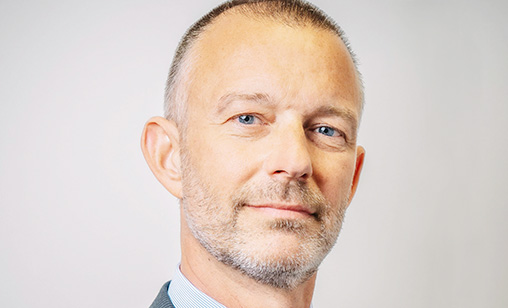Addendum
IATA boss delivers dressing down to global airports
October 1st 2021
International Air Transport Association (IATA) director general, Willie Walsh, certainly lived up to his reputation for straight talking on the first day of the airline lobby group’s Annual General Meeting in Boston, virtually declaring war on airports and air navigation service providers (ANSPs) by accusing them of outrageous price gouging to recover pandemic losses. Read More »
In a stinging attack reminiscent of the combative days of former director general, Giovanni Bisignani, he accused airports, particularly major hubs in Europe, for plans to hugely increase charges. No Asian airports were named and shamed, but the price hikes will certainly hit the bottom lines of long-haul Asia-Pacific airlines operating into Europe.
 |
Walsh revealed London Heathrow Airport planned to increase charges by more than 90% in 2022 and also said Amsterdam Schiphol Airport was seeking to increase charges by above 40% in the next three years. In normal times, both of these destinations would be served daily by most of the Asia-Pacific’s big carriers.
Airports were quick to respond. “We should ultimately remember airlines can afford to pay airport charges,” said Olivier Jankovec, director general of ACI Europe (Airports Council International Europe). “Airlines only pay airports if they operate and only weeks after they have collected revenue from passengers.
“Airlines are ill-placed to give us a lesson in preserving the interests of customers when they refused for months to refund passengers for flights that could not take place, with some still dragging their feet to do so,” Jankovec said.
But Walsh was taking no prisoners. Other operators he named were Airports Company South Africa (ACSA) asking to increase charges by 38% in 2022, NavCanada for increasing charges by 30% over five years and the Ethiopian ANSP raising charges by 35% in 2021. He said confirmed airport and ANSP charges increases have reached $2.3 billion and more increases could be ten-fold this number if proposals tabled by airports and ANSPs are granted.
“A $2.3 billion charges increase during this crisis is outrageous. We all want to put COVID-19 behind us. But placing the financial burden of a crisis of apocalyptic proportions on the backs of your customers, just because you can, is a commercial strategy only a monopoly could dream up. At an absolute minimum, cost reduction—not charge increases—must be top of the agenda for every airport and ANSP. It is for their customer airlines,” Walsh said.
Collectively, the ANSPs of the 29 Eurocontrol states, the majority of which are state-owned, are looking to recoup almost $9.3 billion from airlines to cover revenue not realized in 2020-2021.
“They want to recover revenue and profits they missed when airlines were unable to fly during the pandemic. Moreover, they want to do this in addition to a 40% increase planned for 2022 alone,” Walsh said.
ACI’s Jankovec retorted IATA was painting “a distorted and flawed picture” of the airport industry. He claimed increases in charges at airports place the burden of the recovery exclusively on airlines. “The claim was made that this would stall recovery in air travel and damage international air connectivity. This damaging assertion ignores the dire situation of Europe’s airports,” he said.
Airports in Europe have seen revenues collapse by -60% in 2020 and by -65% in the first half of this year. “Due to the predominantly fixed nature of their costs, airports have been unable to reduce them in parallel with falling revenues,” he said.
“Rating agencies and financial analysts have recognized Europe’s airports have no margin for more cost reductions. Just like airlines, Europe’s airports have posted historic losses in this crisis.
“But unlike most prominent IATA member airlines based in Europe, they have not benefitted from the same financial largesse from their governments. As a result, they have had no recourse but to take on massive debt at market conditions. Gross financial debt at European airports so far has increased 200% compared with 2019.”
For Walsh, that was a spurious argument. “Airlines undertook drastic cost-cutting from the outset of the pandemic, reducing operating costs by 35% compared with pre-crisis levels,” he said.
“Airlines also sought government aid, the majority of which was in the form of loans that need to be paid back. Of the $243 billion that was made available to airlines, $81 billion supported payrolls and approximately $110 billion was in support that needs to be paid back.”